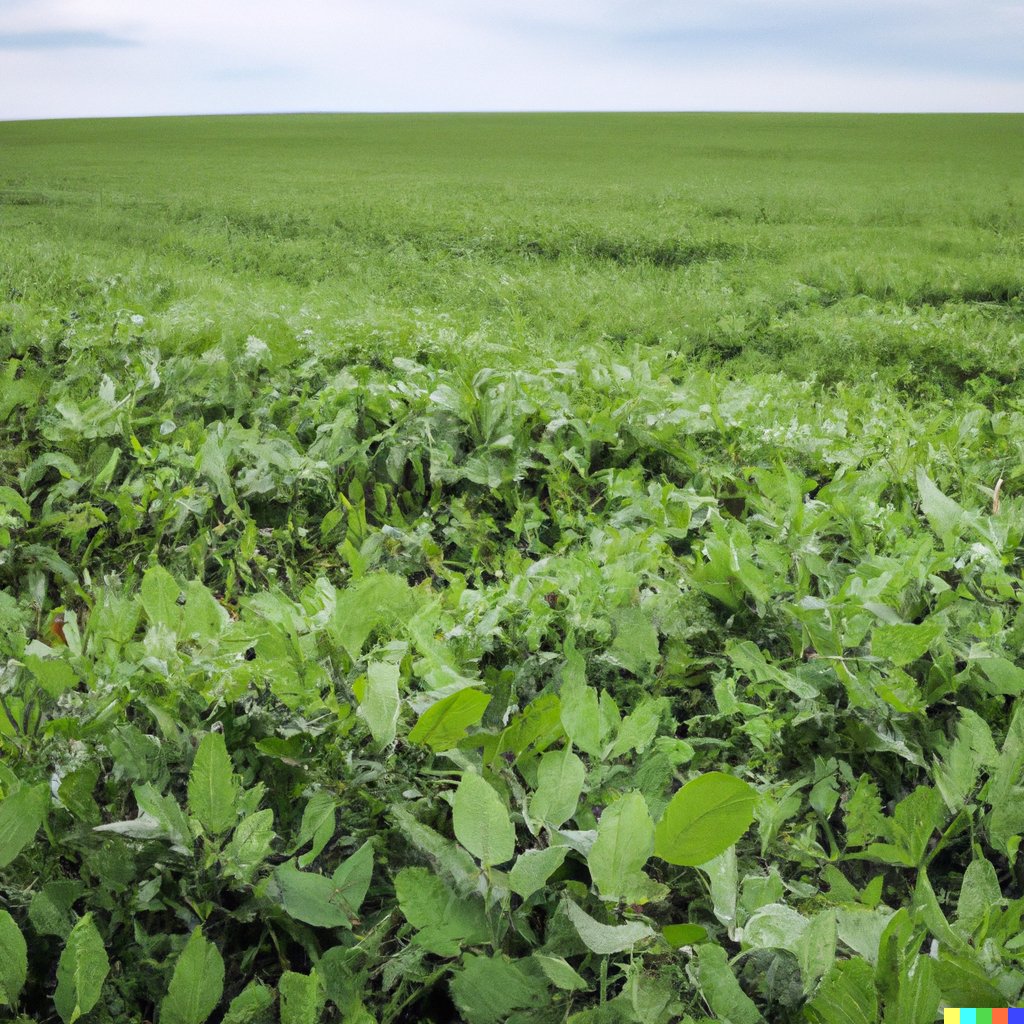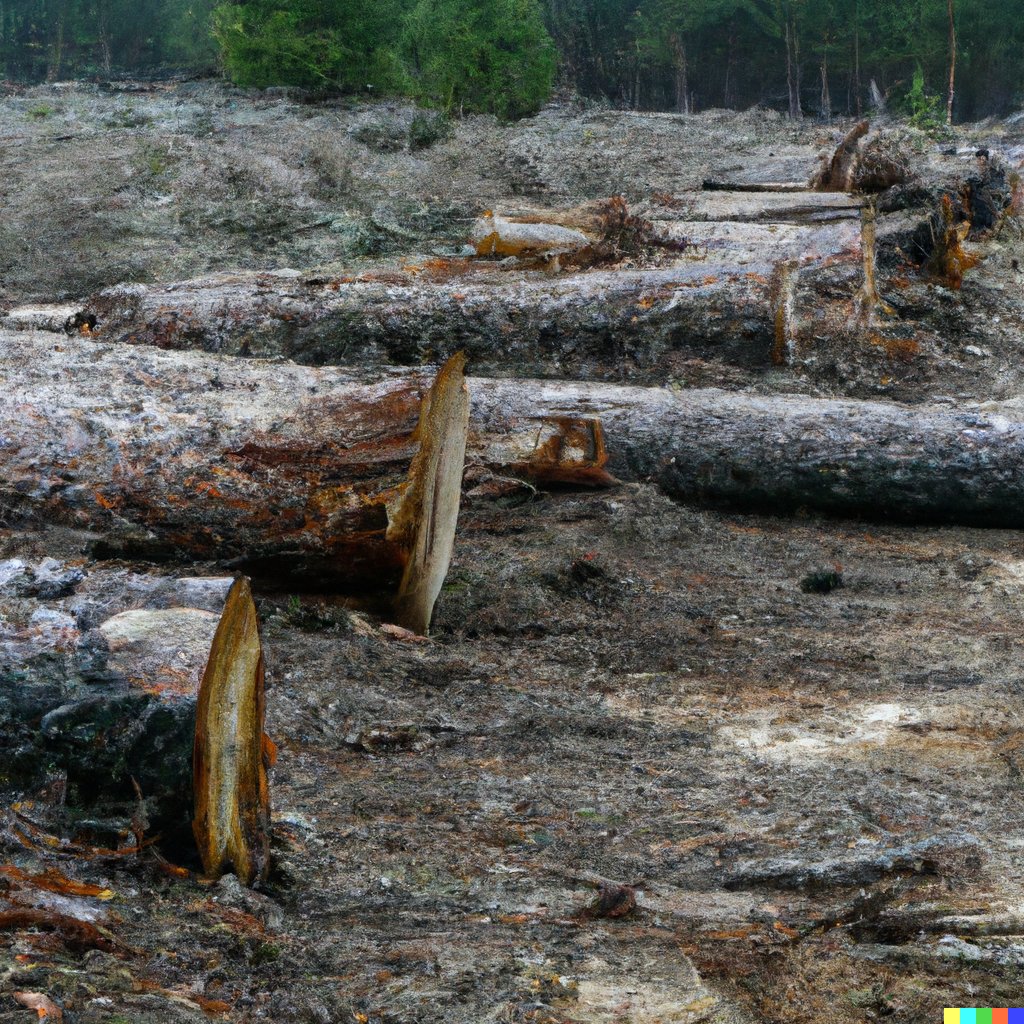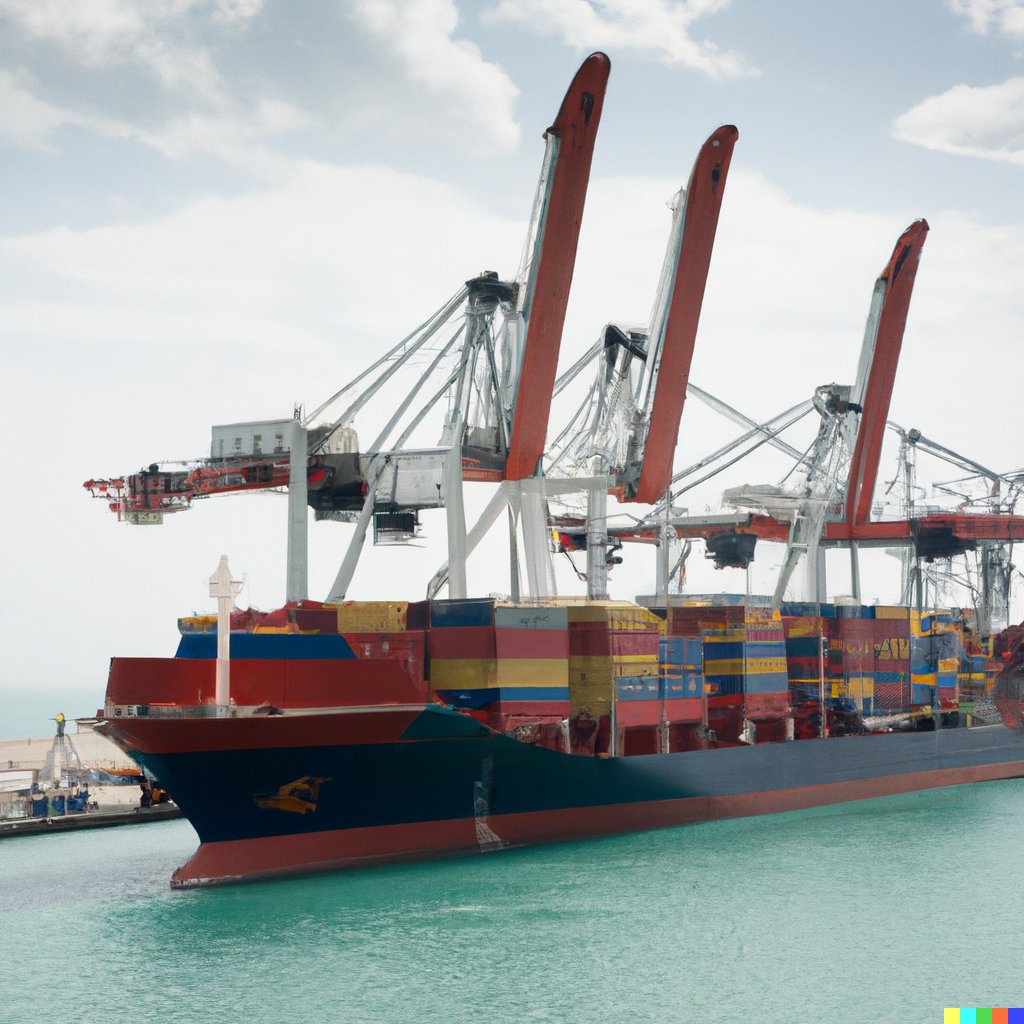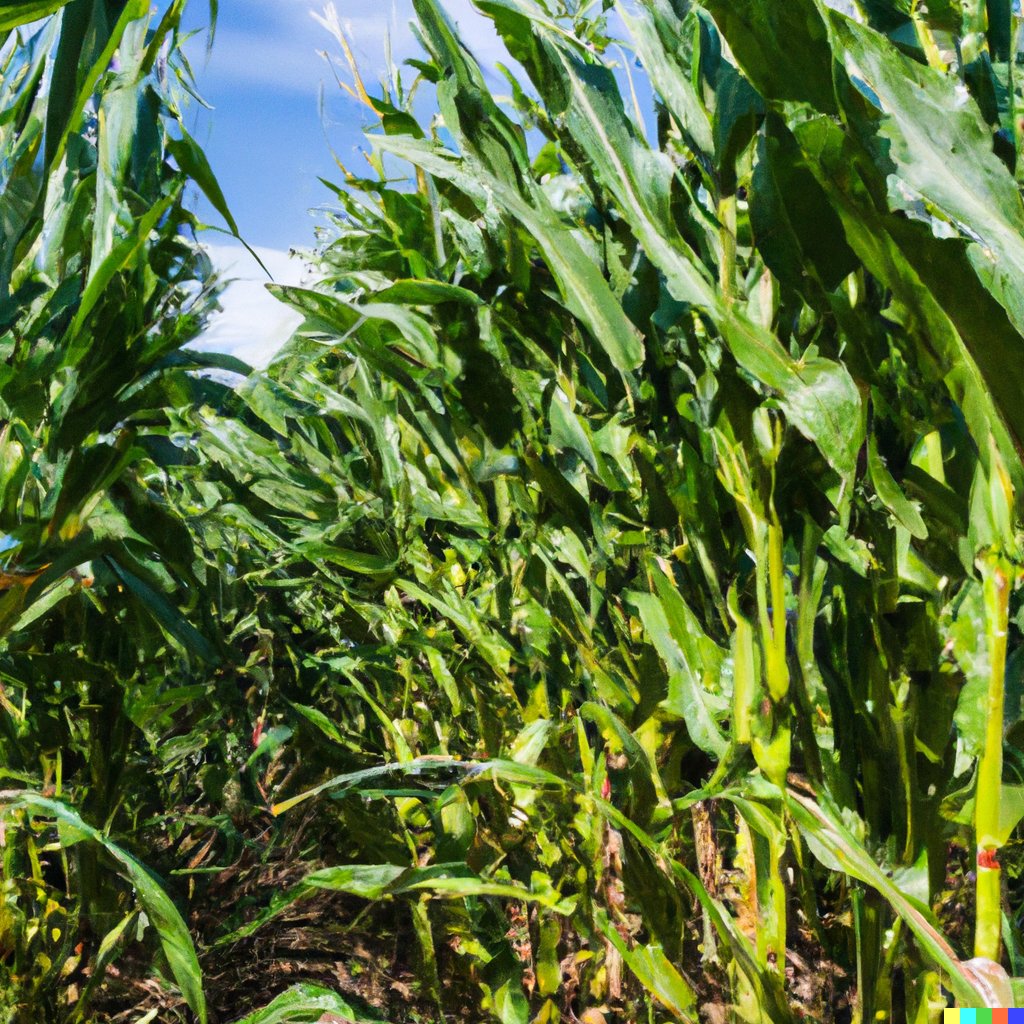
Modern agriculture has brought about remarkable advancements in food production, contributing to increased yields and improved global food security. However, it has also raised concerns about its environmental, social, and health impacts. In this article, we explore the effects of modern agriculture on various aspects of our lives and the challenges in finding a balance between progress and sustainability.
The Green Revolution and Increased Productivity
The Green Revolution, initiated in the mid-20th century, introduced modern agricultural practices such as the use of high-yield crop varieties, synthetic fertilizers, and pesticides. These advancements significantly boosted crop yields and food production, helping to feed a rapidly growing global population.
Environmental Impact of Intensive Farming
While modern agriculture has increased productivity, intensive farming practices have also led to environmental challenges. Excessive use of chemical fertilizers and pesticides has resulted in soil degradation, water pollution, and the loss of biodiversity.
Deforestation for Agricultural Expansion
The demand for more agricultural land has driven deforestation in many regions, leading to the loss of crucial ecosystems and habitats for countless plant and animal species. Balancing agricultural expansion with conservation efforts is a pressing challenge.
Water Scarcity and Irrigation Practices
Modern agriculture consumes a significant portion of the world's freshwater resources. Unsustainable irrigation practices can deplete aquifers and lead to water scarcity, threatening the livelihoods of communities and ecosystems.
Health Implications of Pesticide Use
The use of chemical pesticides in modern agriculture raises concerns about potential health risks for farmers and consumers. Organic farming practices that avoid synthetic chemicals offer a more health-conscious and sustainable alternative.
Loss of Genetic Diversity in Crops
Intensive modern farming often favors a few high-yield crop varieties, leading to a loss of genetic diversity. This reduces the resilience of crops to pests, diseases, and climate change, making agricultural systems more vulnerable.
Social and Economic Impact on Farmers
The shift towards modern agriculture has both positive and negative impacts on farming communities. While some benefit from increased productivity, small-scale farmers may face challenges due to the high cost of modern inputs and market competition.
The Rise of Genetically Modified Organisms (GMOs)
Genetically modified organisms (GMOs) have been introduced in modern agriculture to enhance crop traits and increase resistance to pests and diseases. However, GMOs also raise ethical, environmental, and economic concerns.
Sustainable Agriculture for the Future
Recognizing the need to address the negative impacts of modern agriculture, a shift towards sustainable farming practices has gained momentum. Agroecology and regenerative agriculture focus on ecological balance, soil health, and community well-being.
Striking a Balance for the Future
The future of agriculture lies in striking a balance between the drive for increased productivity and the need for environmental and social sustainability. Embracing climate-smart and sustainable farming practices can secure food security while protecting our planet's precious ecosystems.
FAQs
Q: What is the Green Revolution, and how did it impact agriculture?
A: The Green Revolution refers to the period of significant agricultural advancements in the mid-20th century. It introduced high-yield crop varieties, synthetic fertilizers, and pesticides, resulting in increased crop productivity and global food production.
Q: What are the environmental consequences of intensive farming?
A: Intensive farming practices, such as heavy use of chemical fertilizers and pesticides, have led to soil degradation, water pollution, and a loss of biodiversity in ecosystems.
Q: How does modern agriculture contribute to deforestation?
A: The demand for agricultural land has driven deforestation in many regions, particularly in tropical areas, leading to the loss of vital ecosystems and habitats.
Q: How does modern agriculture impact water resources?
A: Modern agriculture consumes a significant amount of freshwater for irrigation. Unsustainable irrigation practices can deplete aquifers and contribute to water scarcity.
Q: What are the health risks associated with pesticide use in agriculture?
A: The use of chemical pesticides in modern agriculture raises concerns about potential health risks for farmers and consumers. Prolonged exposure to these chemicals may have adverse effects on human health.
Q: How does modern agriculture affect crop diversity?
A: Intensive modern farming often focuses on a few high-yield crop varieties, leading to a loss of genetic diversity. This can make crops more susceptible to pests, diseases, and climate change.
Q: What are the social and economic impacts of modern agriculture on farmers?
A: While modern agriculture has increased productivity for some farmers, small-scale farmers may face challenges due to the high cost of inputs and market competition.
Q: What are genetically modified organisms (GMOs) in agriculture?
A: GMOs are organisms whose genetic material has been altered through genetic engineering. In agriculture, GMOs are used to improve crop traits, such as resistance to pests and diseases.
Q: What is sustainable agriculture, and why is it important?
A: Sustainable agriculture focuses on practices that maintain ecological balance, soil health, and community well-being. It is essential for preserving the environment, promoting biodiversity, and ensuring food security for the future.
Q: How can we balance the benefits and challenges of modern agriculture?
A: Striking a balance between increased productivity and sustainability requires promoting practices like agroecology and regenerative agriculture. Embracing climate-smart and sustainable farming methods can help address the challenges while securing food security and environmental protection.
Conclusion
Understanding the effects of modern agriculture is essential in addressing its challenges and working towards a more sustainable future. By adopting sustainable farming practices like home grown and promoting responsible agricultural policies, we can mitigate the negative impacts while ensuring a secure and prosperous food supply for generations to come.
Modern agriculture has undeniably transformed food production, enabling us to meet the needs of a growing global population. However, it has also brought about significant environmental, social, and health challenges. By working collectively towards a balanced and sustainable approach to agriculture, we can ensure food security and environmental stewardship for years to come.

















